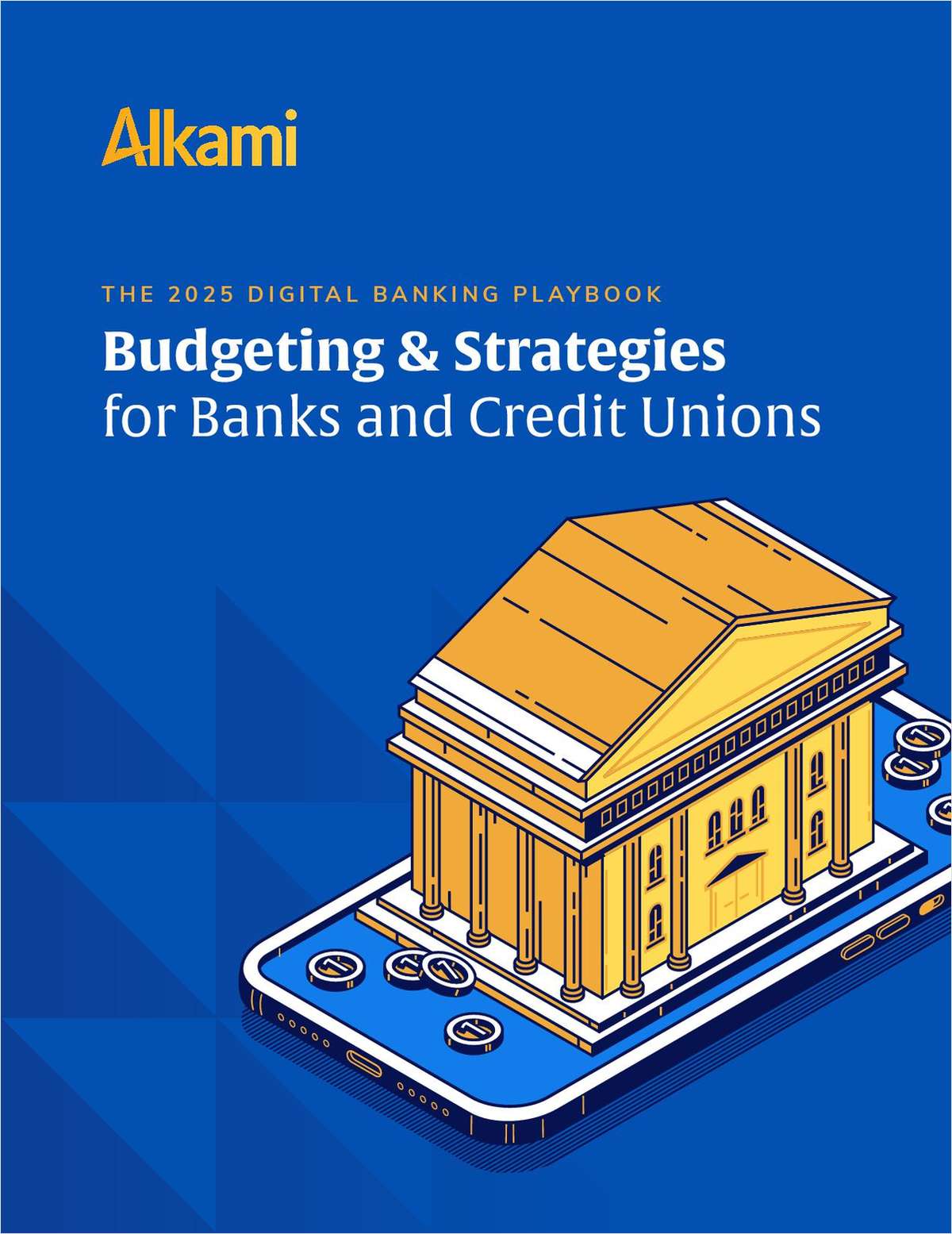OLYMPIA, Wash. – The Washington Department of Financial Institutions has directed Columbia Community Credit Union to negotiate with its dissident members about possibly conducting another vote on its proposed conversion to a state chartered mutual thrift. But DFI has retained an order that will force the credit union to hold a special membership meeting at which members could vote to rescind a previous pro-conversion ballot and to recall the credit union's board. Unless the two sides reach agreement before 12:00 P.M. on Friday, January 30, DFI will put the order into effect, according to Linda Jekel, Director of DFI's Credit Union Division. Privately, sources close to the crisis believe that may still be the ultimate outcome. DFI's move represented a concession to Columbia which the agency made in the interest of seeing a negotiated settlement rather than put the order, which had already been prepared, into place. The credit union approached DFI late on the evening of January 27, the agency said, and offered the compromise to forestall the order which would have been delivered on the morning of January 28. "The Department views this as an important opportunity for the board and the petitioning members to reach an amicable solution," the Department wrote in a released statement. But while DFI officials remained hopeful that the two sides could negotiate a way out of the impasse, they also acknowledged the obstacles such a negotiation would face. For instance, the onus to negotiate only falls on the credit union. Save CCU could attain its ultimate goal of the special membership meeting by holding out and letting the order fall into place. Also, the time spent negotiating could give the credit union more time to prepare should it decide to fight the DFI's order in court. But Linda Jekel, Director of DFI's Credit Union Division, said she still hoped that both sides would be willing to make concessions for the good of the credit union and that DFI would not have to put the order into place. But she reiterated DFI's willingness to act in support of what it believed was required by the credit union's bylaws and the Washington State Credit Union Act. The DFI's rare and decisive actions capped a week of rapid developments in the case of the $619 million state chartered credit union, based in Vancouver, which has been fighting with some of its members over the proposed charter change. The credit union conducted a ballot on the question in the fall of 2003 in which roughly 16% of the credit union's membership participated and at which the conversion supporters won the day by 414 votes, the narrowest margin in a conversion vote so far. Opponents of the conversion cried foul and complained to the NCUA and the DFI about the credit union's disclosure statements and ballot, alleging among other things that the final meeting on the question had been conducted against credit union rules and that many members had never gotten ballots. The credit union sharply contested those claims as both the DFI and NCUA launched investigations. DFI has concluded its investigation of the prior ballot but has kept the results private until NCUA releases its results. NCUA has yet to do so. Dissident members then organized a group called Save CCU and launched a petition drive for a special meeting at which members could vote on rescinding the previous conversion ballot as well as recalling the board. The group presented almost 3,700 member signatures on petitions to the credit union on January 14 and DFI signed off on the petitions and their goals in an opinion it issued January 22. The credit union responded by denying the members' petition on January 26, thus drawing the current DFI action. How The Industry Has Reacted So Far Reactions to the developments in the ongoing saga have ranged from cautious to serious as credit union CEOs and industry executives from around Vancouver and the state reacted to the Columbia situation. Upon hearing that the board had declined the petition, one CEO of a Washington credit union who didn't want to speak for the record wondered aloud what the board had been thinking. "I don't think they [the board] understand just how serious this is," he said. "When you think about it, the bylaws and the procedures for the special meeting are about the only way credit union members really have to exert any direct control over what their institutions do." Roger Michaelis is the CEO of the $267 million Clark County School Employees Credit Union also in Vancouver, Washington. Michaelis said his credit union had picked up a few members when the credit union charter change vote was held in November, but he said that he doubted he would pick up any more unless the move to a bank was finalized and then he expected he might pick up quite a few. Michaelis said that he supported the credit union's right to become a bank if it chose to do so, but at the same time he thought the board's most recent moves were very poorly considered. He particularly thought denying the petition had been a mistake and that it had taken what had been only a charter struggle – albeit a nasty one – and elevating it to something a good deal more serious. "By acting this way with the bylaws," Michaelis said, "I think they may have really cost themselves some sympathy among people who might have been sympathetic to their overall aims if they thought that [the charter change] was really best for the credit union." He also mentioned what several others had as well, that the Washington DFI's opinion in the matter, which had been issued January 22, deserved more respect than the board had shown. "Credit unions in Washington generally have a very good relationship with the DFI," he said, adding that Linda Jekel, Director of the Credit Union Division of the DFI, in particular had a reputation for being a straightforward and forthright regulator. This tension between wanting not to infringe on a credit union's right to set its own course and concern that the board's action represented a sort of attempt to hijack a legitimate member driven process came through in a number of off the record conversations as credit union executives across the state followed the unfolding story. Nowhere was it more apparent than in the statement of John Annaloro, the CEO of the Washington State Credit Union League and a man who has found himself trying to straddle a difficult issue as three of the League's members before Columbia decided to become thrifts. Annaloro's statement (see sidebar previous page) both recognized the credit union and the members for "doing tactically excellent work" even as he acknowledged that the entire controversy could still wind up in court. But he also sharply decried some of the approach that he blamed for helping bring Columbia to these circumstances. "Columbia Credit Union may have used a conversion consultant whose Web site seems to expose the roots of the issue," Annaloro observed. He noted the seemingly blatant pitch to credit union leadership to cash in on their institution's conversion and concluded "It's outrageous. And contrary to the people-first, not-for-profit, fundamental philosophy that has defined the credit union system for over 100 years." Alan Theriault, CEO of CU Financial Services, is a consultant to credit unions seeking to change their charters and the author of the article that drew Annaloro's wrath, along with that of others, including Save CCU. In the past he has defended the piece as not being a pitch to get credit unions to become banks but as articles designed to inform credit unions of all their options. Theriault minimized the ongoing Columbia situation, noting that credit unions and their regulators frequently disagree about things like exams and various policies. He also blamed NCUA for the situation, suggesting that NCUA had deliberately withheld a final decision on Columbia's previous conversion vote in order to help discourage and forestall other institutions from making the same shift. "I think this strategy could really backfire on the NCUA," he said. "I think there are some credit unions that are going to be very disturbed at being regulated by an agency that would go so far out of its way to ignore the express will of the Congress which was to not get in the way of charter conversions." [email protected]
Complete your profile to continue reading and get FREE access to CUTimes.com, part of your ALM digital membership.
Your access to unlimited CUTimes.com content isn’t changing.
Once you are an ALM digital member, you’ll receive:
- Breaking credit union news and analysis, on-site and via our newsletters and custom alerts
- Weekly Shared Accounts podcast featuring exclusive interviews with industry leaders
- Educational webcasts, white papers, and ebooks from industry thought leaders
- Critical coverage of the commercial real estate and financial advisory markets on our other ALM sites, GlobeSt.com and ThinkAdvisor.com
Already have an account? Sign In Now
© 2025 ALM Global, LLC, All Rights Reserved. Request academic re-use from www.copyright.com. All other uses, submit a request to [email protected]. For more information visit Asset & Logo Licensing.









